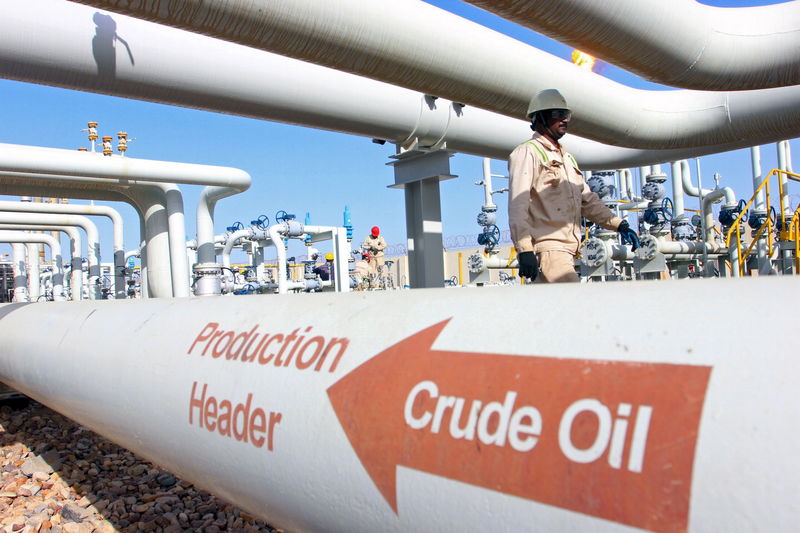By Gina Lee
Investing.com – Oil was up on Tuesday morning in Asia, reacting to a series of drone strikes on the United Arab Emirates (UAE) that were attributed to Yemen’s Houthi group.
Brent oil futures rose 0.99% to $87.34 by 11:16 PM ET (4:16 AM GMT) after hitting a high of $87.00, the highest since Oct. 30, 2014, earlier in the session. WTI futures jumped 1.34% to $84.42, not far from a more than two-month high of $84.78 hit earlier. However, trade on Monday was subdued due to the holiday in the U.S.
The latest “geopolitical tension added to ongoing signs of tightness across the market," ANZ Research analysts said in a note.
The attacks on the outskirts of the UAE’s capital city of Abu Dhabi caused an explosion and fire as well as killing three people. It triggered worries about possible supply disruptions, as well as escalating hostilities between the Iran-aligned group and a Saudi Arabian-led coalition.
The Houthi movement warned of more potential attacks on UAE facilities. The UAE responded by saying that it reserved the right to "respond to these terrorist attacks".
The Abu Dhabi National Oil Company activated business continuity plans to ensure uninterrupted supply to both local and international customers after an incident at its Mussafah fuel depot.
Meanwhile, oil prices are being supported by colder winter temperatures in the northern hemisphere that are driving up demand for heating fuels, according to CommSec analysts.
Other analysts added that the tight supply-demand balance is unlikely to ease, with some Organization of the Petroleum Exporting Countries and allies (OPEC+) producers struggling to pump at their allowed capacities. The cartel agreed to continue its plan to add 400,000 barrels per day each month when it last met on Jan. 4.
"That should continue to be supportive for oil and increase talk of triple-figure prices," OANDA analyst Craig Erlam told Reuters.
Investors now await U.S. crude oil supply from the American Petroleum Institute.
